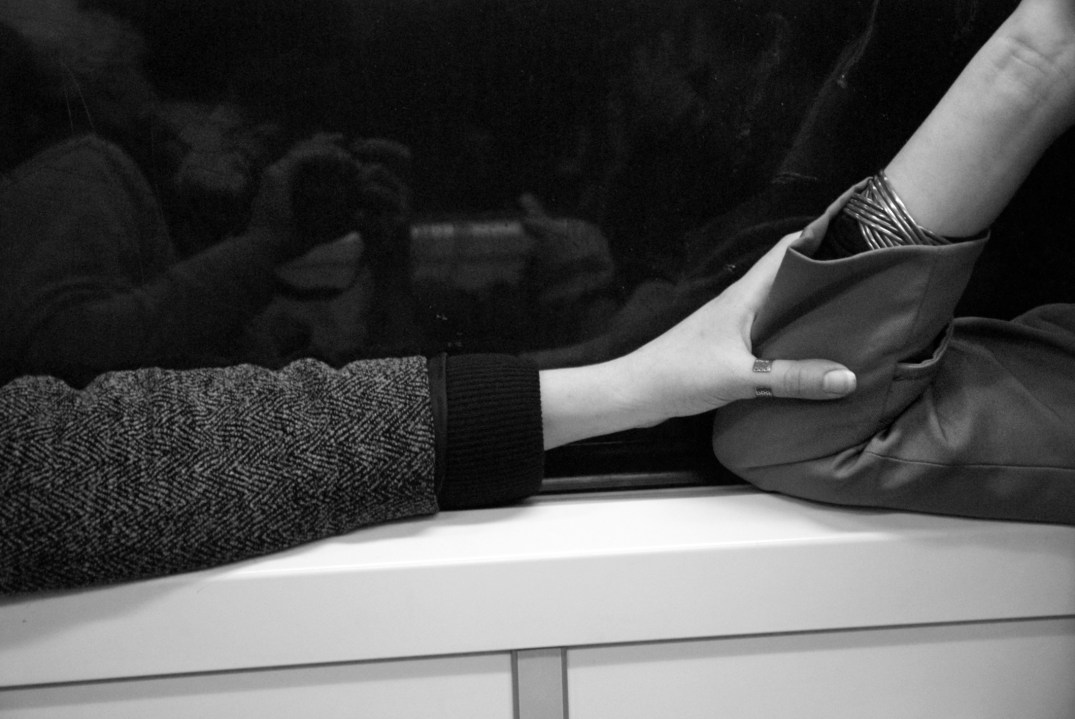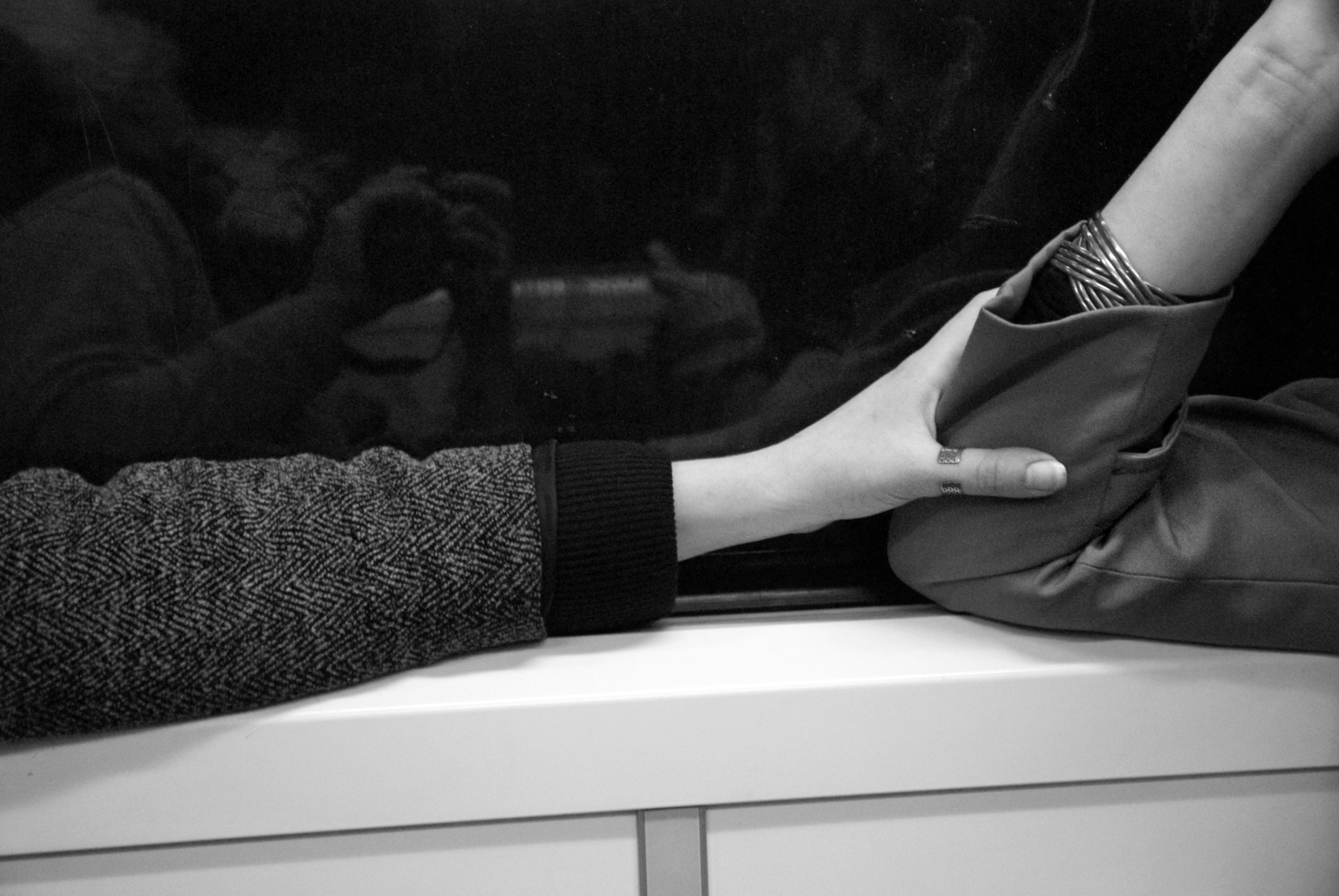Many years ago I met a woman in a train on the Mombasa to Nairobi ‘Lunatic Express’ line. She was seated opposite me in the compartment, next to her husband. The three of us had the compartment to ourselves. It was early in the morning. I’ve forgotten what the sleeping arrangements had been the night before. I think perhaps the husband and I had bedded down together and she’d rejoined him in the morning. Her husband had then left the compartment to go to the lavatory or dining car, and she and I had begun to talk.
She’d met and married the husband after a whirlwind romance a year before, she told me, and they’d opened and run a small restaurant together up the coast at Lamu. All very idyllic and romantic, perhaps, but the business had failed, then the marriage. They had sold up and were returning to Nairobi where they had agreed to part for three months to think things over independently. She intended honouring that agreement by trying to re-imagine a future with her husband, she said, but she already knew that it was no longer what she wanted. Through the window, brilliantly lit by early morning sunlight, was heavenly acacia savannah populated with zebra and Grant’s and Thomson’s gazelle.
Then I told her about myself and my recent past, a relatively uninteresting tale, and then the train came off the rails. I don’t suppose we were going very fast because neither of us noticed the derailment at the time, so engrossed were we in each other’s life stories. All I can remember of it is looking out of the window and suddenly realising that we were stationary and hadn’t moved for a long while. Then her husband returned and told us the train was badly derailed, then he went off again to find out more, and his wife and I resumed our exchange of confidences.
She and I talked for the rest of the morning and into the afternoon, unconscious of time passing, while outside the window zebra and gazelle cropped the grass. The husband reappeared and disappeared at intervals. He thought that in all probability we would be stranded there for a couple of days. He was a pleasant, intelligent, polite man and I liked him. And I liked his wife, too, very much. I can’t tell you what she looked like. I don’t think her appearance registered with me much because it was immaterial. My strongest impressions were intuitive ones of a delightful, sympathetic personality. We were two sides of the same coin. At one point we stopped talking and examined one another’s faces with curiosity and surprise at the strength of our improbable affinity, at which we both suddenly laughed, and then we laughed again at the way our laughter had mirrored one other.
Then a white man put his head through the compartment door and said he had managed to get a message through to Nairobi and a car sent out. There was space in this car for one more paying passenger. The car had arrived and they were leaving right away. He spoke with the brisk neutrality of a businessman. ‘I’ll come with you,’ I said. ‘Fine. Bring your luggage down to the dining car,’ he said. Then he was gone.
I can only suppose I must have panicked. I stood up and hauled my rucksack off the luggage rack and quickly got my bits and pieces together. Following our warm and easy intimacy, my haste to get going was unseemly, indecent. But I must have fully realised that something momentous had occurred between us, because at the very last moment before leaving her I remembered something. In my trouser pocket was a polished brown nut that an alcoholic, sun-bleached old beachcomber had given to me a few days earlier in exchange for a bottle of Castle. He’d told me with utmost seriousness that this type of nut was esteemed locally as having certain magical properties. Keep it with you and it will attract a kindred spirit to you, he said. Perhaps even a wife. If it happened, I would recognise it immediately, he said. I should then place the love nut in that person’s palm as a sign of recognition and a gift of welcome.
I asked her to hold out her hand. She opened her palm between us and I placed the nut in the centre and told her what it was and what was its significance.
And then, in perhaps the most ludicrous betrayal ever, I said goodbye. She closed her fingers and looked away from me and out of the window. And that last image of her is the one that I’ve retained in my mind ever since: of her looking distractedly out of the window of the derailed train, her arm still extended, and her fingers lightly closed over my gift of welcome.








Comments